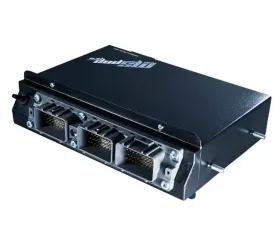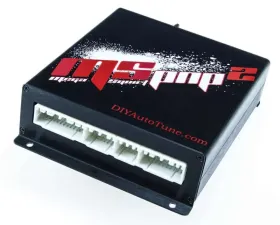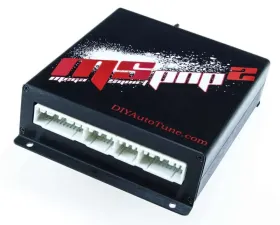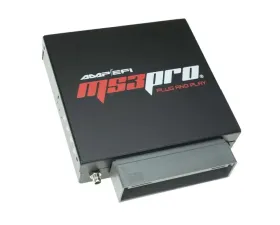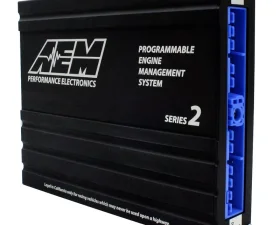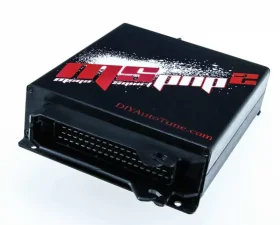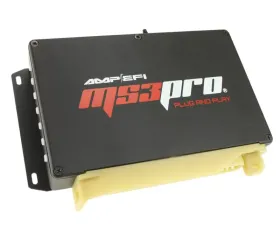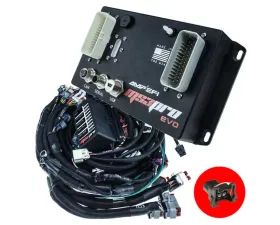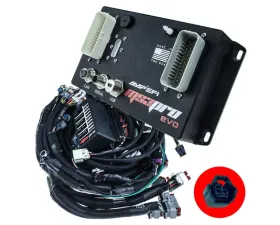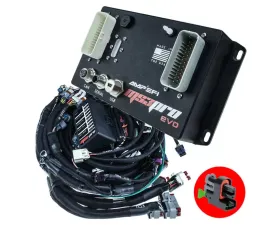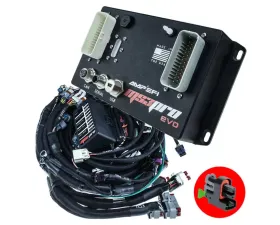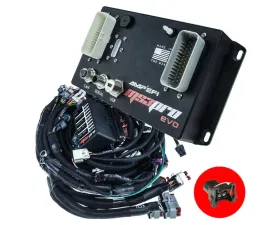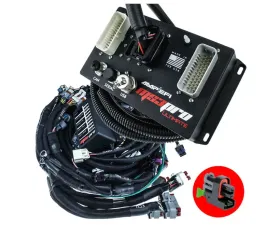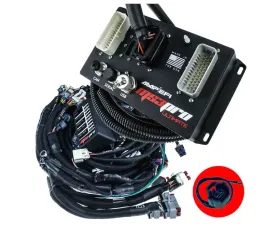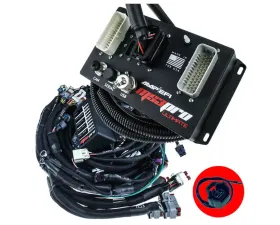Stand Alone ECU
Universal Parts
Price range
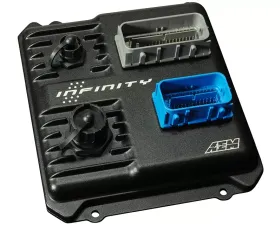
AEM Electronics Infinity 708 Stand-Alone Programmable Engine Management System Nissan | Infiniti
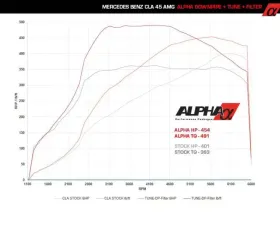
AMS Performance 45 Series AMG ECU Tune By ALPHA VCS Mercedes-Benz M133 2.0L
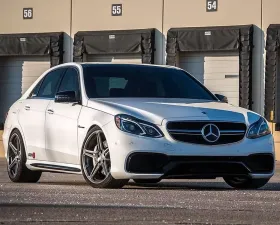
AMS Performance Bi-Turbo ECU Tune By ALPHA VCS Mercedes-Benz M157 2011-2018
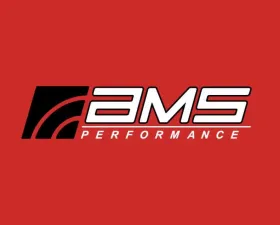
AMS Performance Carbon Fiber ECU Cover Medium Matte Carbon Toyota Supra MKV A90

AMS Performance M177|M178 4.0L Biturbo ECU Tune by ALPHA VCS
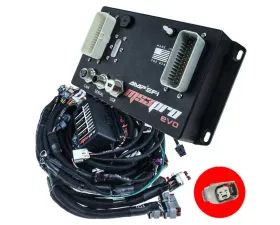
Custom Harness EVO + GM Gen 3 LS W/Bosch EV6 EV14 DIYAutoTune
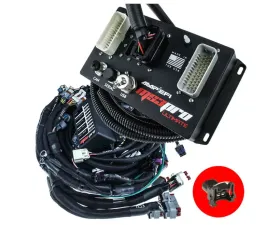
Custom Harness ULTIMATE + GM Gen 3 LS W/Bosch EV1 DIYAutoTune
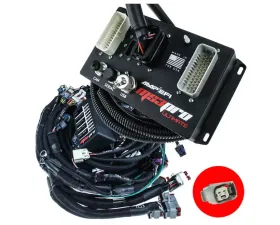
Custom Harness ULTIMATE + GM Gen 3 LS W/Bosch EV6 EV14 DIYAutoTune

What is a Standalone ECU?
You’re probably here because you’re wondering whether investing in a standalone ECU for your vehicle is the right decision.
An ECU or Engine Control Unit can help you unlock an abundance of controls that will allow you to obtain your goals. For one, it might release more horsepower and torque from your vehicle because manufacturers are known to limit the horsepower and torque of production cars. Adding a powerful ECU might also change the driving characteristics of your car making it more responsive to the suggestions of your right foot.
On the other hand, it might become one big costly project that delivers far less than your expectations. Or worse, you might even lose performance and dollars at the same time. Yikes!
Fortunately, you found us and are currently reading this. We will tell you how it all works and the things that you will reap from installing a standalone ECU.
Why Should I Invest in a Standalone ECU?
As the name suggests, standalone ECU’s can, well, stand-alone. Or they can replace your car’s stock ECU altogether. These standalone ECU’s are more powerful because it can do whatever the stock ECU is doing and do some more things a stock box can’t.
OEM ECU’s are placed as limiters which ultimately means tuning will be a lot harder to do. But when stock ECU’s get tuned, the gains are at most, marginal. The majority of standalone ECUs are capable of adding, controlling, and changing things that an OEM ECU simply can’t. This makes them especially versatile and capable of handling any kind of parameter or situation.
Every engine is unique. Even more confusing, those from the same vehicle make and model will still be slightly different from each other.
This means that ECU tuning will also differ from one engine to the next. Weirdly, no two same cars are ever the same.
Meanwhile, standalone ECUs are capable of fine-tuning your engine based on its distinct features, specs and overall condition.
Standalone ECU’s let you add any modification or install any aftermarket performance-enhancing component you want on your car in the future. They can all be tuned in by your standalone ECU. There is virtually no limit on how much power you can generate and accommodate. So, 2000 hp Supra, anyone?
When Should Make the Switch?
Factory ECUs are designed to manage certain engine parameters set by their manufacturers. But if you want to go beyond these parameters and unlock untapped power and torque in your car, you might want to consider installing an aftermarket ECU.
For instance, OEM turbocharged cars are set to run 15psi (1 Bar) of boost by their manufacturers. They do this to guarantee that the drivetrain lasts longer. If you upgrade certain parts of you drive train and want to run more boost, this would require recalibrating the ECU or completely replacing it with a standalone ECU.
Installing standalone ECUs require some level of expertise. If you don’t have the necessary technical know-how, you may need to hire some outside help. While they are costlier than piggybacks, they are also versatile enough to deliver virtually unlimited tuning possibilities.
Buy online or give one of our world-class professionals a call at 1-480-966-3040.

.jpeg?q=90&p=thumb&w=200&h=200)
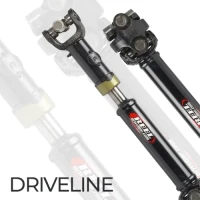
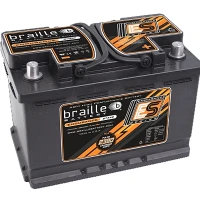





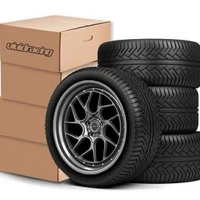

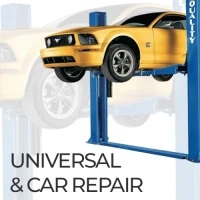
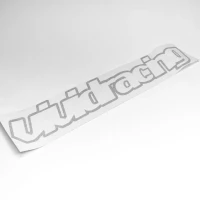
.jpeg?q=90&p=thumb&w=40&h=40) Brakes
Brakes  Driveline
Driveline  Electronics
Electronics  Handlebars & Controls
Handlebars & Controls  Package Deals
Package Deals  Wheel Accessories
Wheel Accessories  Wheels by Vehicle
Wheels by Vehicle  Tools and Maintenance
Tools and Maintenance  Universal & Repair
Universal & Repair  Vivid Racing Gear
Vivid Racing Gear 